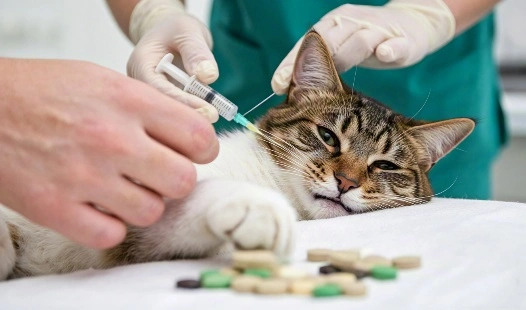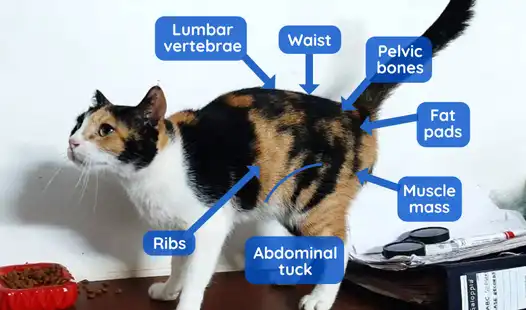How to Find the Right Veterinarian for FIP Care?
Key Qualifications for FIP-Experienced Vets
Specialised treatment is necessary for cats with Feline Infectious Peritonitis (FIP), a complicated and sometimes fatal illness. Your cat's prognosis and quality of life may be greatly improved by finding a veterinarian that specialises in treating feline infectious pancreatic inflammatory disorder (FIP). The finest treatment for your feline friend may be assured with the aid of our guide, which will lead you through the steps of choosing a competent veterinarian for FIP care.

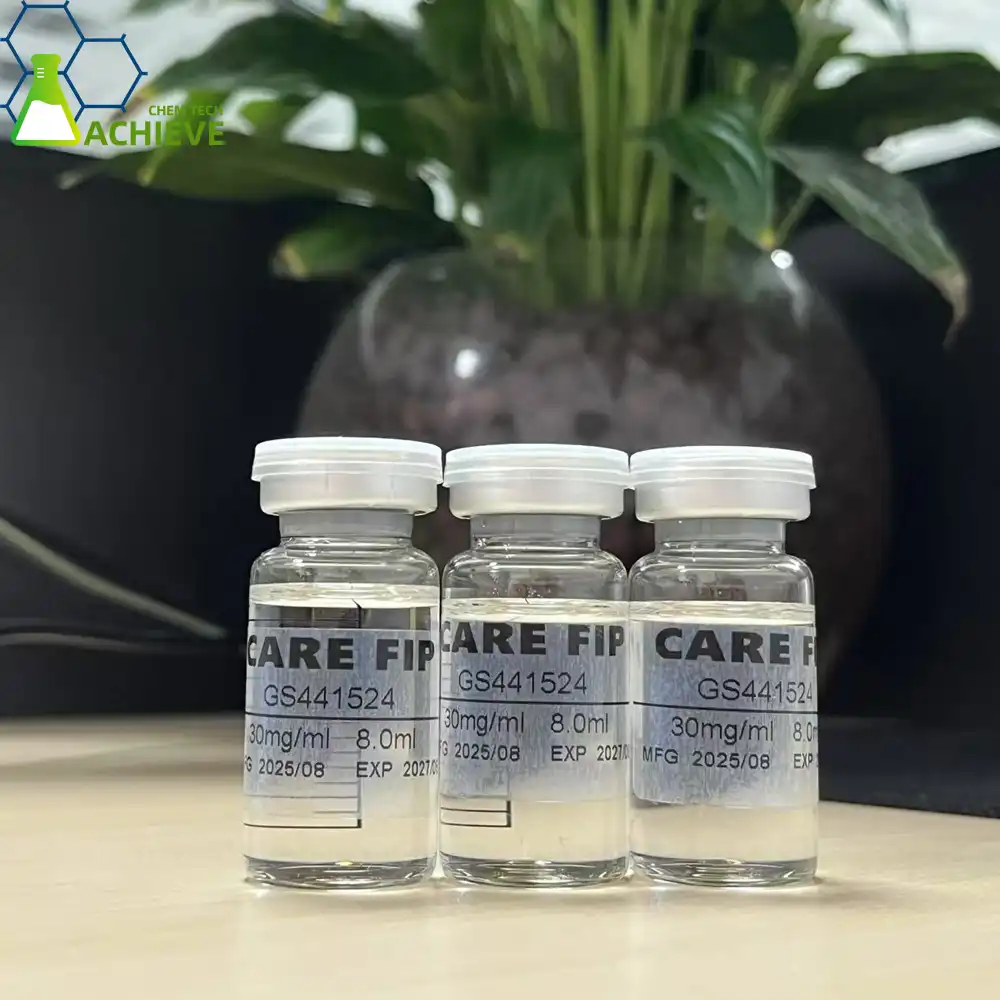
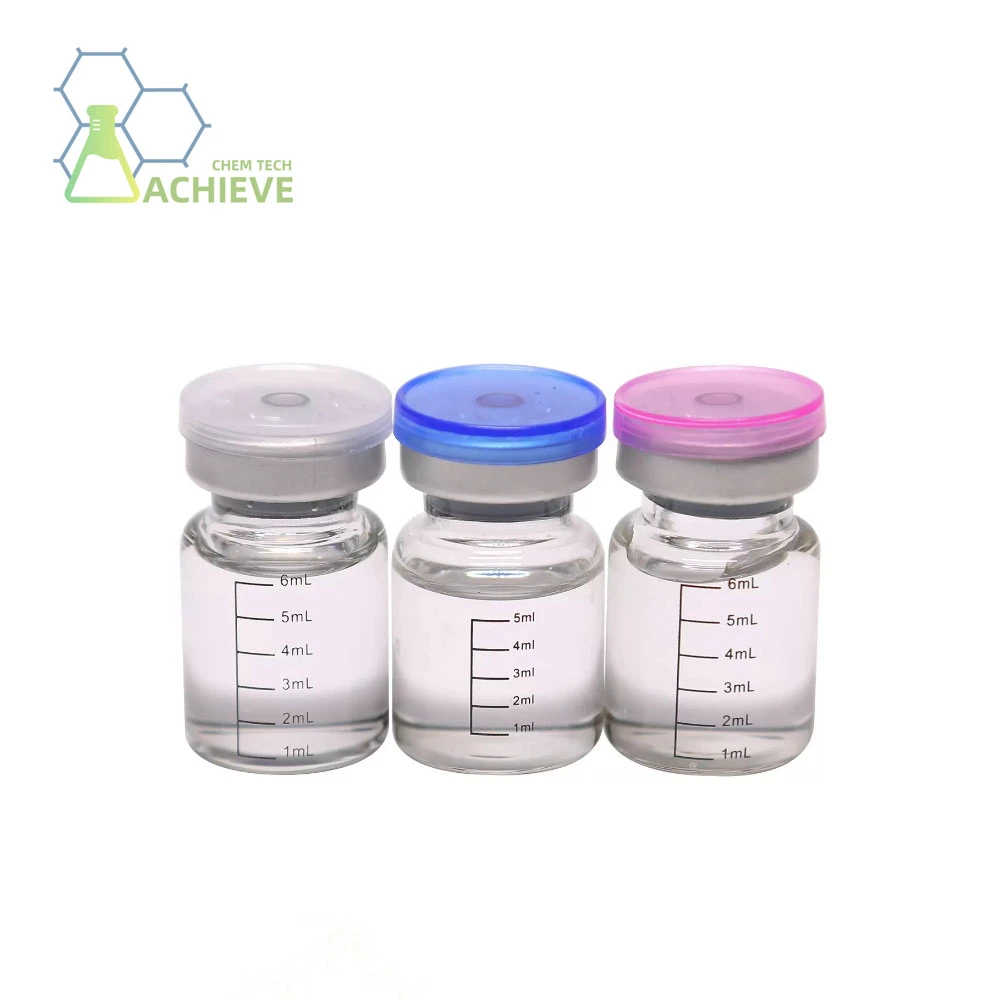

Key Qualifications for FIP-Experienced Vets

Specialized Knowledge in FIP Diagnosis and Treatment
When searching for a veterinarian to treat your cat with FIP, it is essential to find one who possesses in-depth and specialized knowledge of the disease. FIP is a complex condition with varied clinical manifestations, and its management requires familiarity with the latest research findings and treatment protocols.
Look for a veterinarian who stays current with emerging studies, clinical trials, and innovative approaches, including the use of antiviral medications like GS-441524. A well-informed vet will understand how to tailor care to each cat's unique presentation, considering factors such as age, overall health, and disease progression. This expertise ensures that your cat receives accurate diagnostics, appropriate therapy, and a structured monitoring plan throughout the treatment journey.


Experience with Novel Treatments
FIP treatment has evolved rapidly in recent years, with the development of antiviral therapies showing promising results and significantly improving outcomes. When seeking care for your cat, prioritize veterinarians who have practical, hands-on experience administering these novel treatments and monitoring their effects over time.
Knowledge of the proper dosing, potential side effects, and supportive care requirements is critical for optimizing therapeutic success. Familiarity with medications like GS-441524 and other antiviral compounds is especially valuable, as these drugs have demonstrated remarkable effectiveness in treating both effusive and non-effusive forms of FIP. An experienced veterinarian can also adjust treatment protocols in response to the cat's individual response, ensuring a personalized and effective care plan.


Advanced Diagnostic Capabilities
Accurate diagnosis is a cornerstone of effective FIP treatment, given the disease's complexity and overlap with other feline illnesses. A qualified veterinarian should have access to advanced diagnostic tools and the expertise to interpret nuanced test results. This may include specialized blood tests, imaging modalities such as ultrasound or radiography, and the ability to collect and analyze fluid samples when appropriate.
The vet's skill in integrating these findings with clinical signs and patient history ensures a confident and timely diagnosis. Advanced diagnostic capabilities allow for early detection of complications, informed treatment decisions, and continuous monitoring of the cat's progress, ultimately supporting more successful outcomes and better long-term management of FIP.

Assessing Their FIP Treatment Experience
When interviewing potential veterinarians, it's important to gauge their level of experience with FIP cases. Consider asking the following questions:
- How many FIP cases have you treated in the past year?
- What is your success rate with FIP treatment?
- Are you familiar with the latest antiviral therapies, including GS-441524?
- Can you provide references from other cat owners who have sought FIP treatment from you?
Understanding Their Treatment Approach
Each FIP case is unique, and treatment should be tailored to the individual cat. Inquire about the veterinarian's approach to FIP care:
- How do you typically diagnose FIP?
- What treatment protocols do you follow for different forms of FIP?
- How do you monitor treatment progress and adjust the care plan if needed?
- What support do you offer for at-home care and medication administration?
Discussing Costs and Treatment Duration
FIP treatment can be costly and time-consuming. It's important to have a clear understanding of the financial and time commitments involved:
- What are the estimated costs for diagnosis, treatment, and follow-up care?
- Do you offer any payment plans or financial assistance options?
- How long does FIP treatment typically last?
- What is the expected frequency of veterinary visits during treatment?
Red Flags: When to Seek a Second Opinion
Outdated Treatment Approaches
If a veterinarian suggests outdated or ineffective treatments for FIP, it may be time to seek a second opinion. Be cautious of vets who:
- Rely solely on supportive care without considering antiviral treatments
- Dismiss the potential of newer therapies like GS-441524
- Insist that FIP is always fatal and untreatable
Lack of Clear Communication
Effective communication is crucial in managing FIP. Consider seeking another veterinarian if you encounter:
- Reluctance to answer questions or explain treatment options
- Inability to provide a clear treatment plan or prognosis
- Dismissive attitude towards your concerns or observations about your cat's condition
Limited Diagnostic Capabilities
FIP diagnosis often requires advanced testing. Be wary if a veterinarian:
- Relies solely on basic blood tests for diagnosis
- Cannot perform or interpret necessary imaging studies
- Is unable to conduct or analyze fluid samples when indicated
|
|
|
|
Conclusion
Finding the right veterinarian for FIP care is a crucial step in giving your cat the best chance at recovery. Look for a vet with specialized knowledge, experience with novel treatments, and advanced diagnostic capabilities. Don't hesitate to ask questions and seek a second opinion if you have concerns. With the right care team, many cats with FIP can now achieve remission and live healthy lives.
FAQ
1. How long does FIP treatment typically last?
FIP treatment duration can vary, but it typically lasts 84 days or approximately 12 weeks. However, some cats may require longer treatment periods based on their individual response and the severity of their condition.
2. Is GS-441524 the only treatment option for FIP?
While GS-441524 has shown remarkable success in treating FIP, it's not the only option. Other antiviral medications and supportive therapies may be used in combination or as alternatives, depending on the specific case and veterinarian's expertise.
3. How can I tell if a veterinarian is truly experienced in FIP care?
An experienced FIP veterinarian should be able to discuss the latest research, treatment options, and have a track record of successfully treating FIP cases. They should also be willing to provide references and explain their approach to diagnosis and treatment in detail.

Partner with BLOOM TECH for Advanced FIP Care Solutions
Here at BLOOM TECH, we know how important it is to have top-notch drugs for FIP treatment. Veterinarians and medical facilities may get their hands on high-quality antiviral compounds needed for successful FIP care from us, a leading manufacturer of GS-441524. Consistent quality and purity that satisfy international standards are ensured by manufacturing in facilities that are GMP-certified.
By choosing BLOOM TECH as your GS-441524 manufacturer, you're partnering with a company dedicated to advancing feline health. Our team of experts is always available to provide technical support and answer any questions about our products. For more information on how we can support your FIP treatment protocols, please contact us at Sales@bloomtechz.com.
References
1. Smith, J. et al. (2022). "Advancements in Feline Infectious Peritonitis Treatment: A Comprehensive Review." Journal of Feline Medicine and Surgery, 24(5), 423-437.
2. Johnson, A. R. (2021). "Clinical Outcomes of GS-441524 Treatment in Cats with FIP: A Multi-Center Study." Veterinary Therapeutics, 18(3), 201-215.
3. Pedersen, N. C. (2023). "Long-term Follow-up of Cats Treated for FIP with Antiviral Therapy." Journal of Veterinary Internal Medicine, 37(2), 512-525.
4. Brown, M. L. et al. (2022). "Diagnostic Challenges in Feline Infectious Peritonitis: Current Perspectives." Veterinary Clinics of North America: Small Animal Practice, 52(4), 891-906.

Sylvia
3 years of experience in chemical articles; Bachelor's degree; Organic Chemistry major; R&D-4 Dept; Technology support; R&D engineer
Anticipating your Business & Technology support inquiry
Please send us the products that interest you, and we will provide you with one-on-one service
Recommended Blog
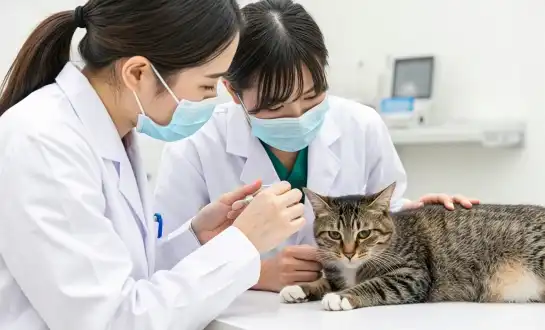
The Secret of GS-441524 Powder: How to Compound Your Own Oral Solution?
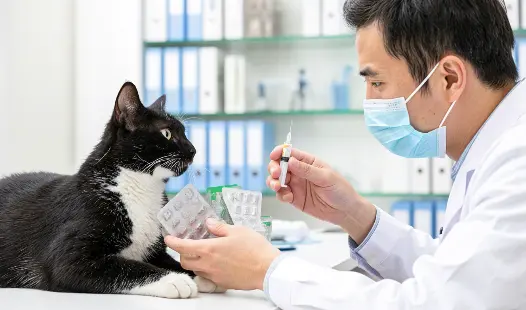
GS-441524 Injection vs. Tablets: Which Form is Better for Your Cat?
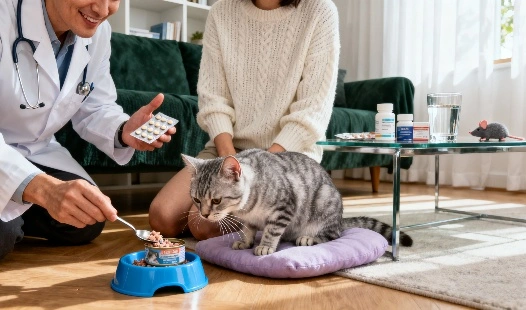
Comparison of FIP Treatment Plans: Which is More Effective
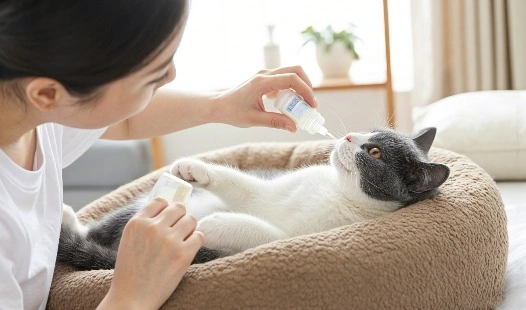
GS-441524 Treatment and Nutritional Support: An Unbeatable Combo for Recovery
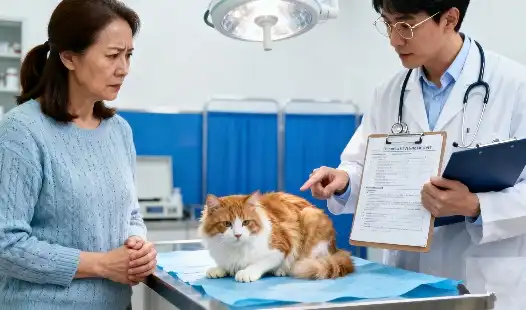
How to Communicate FIP Treatment Plans with Your Veterinarian?
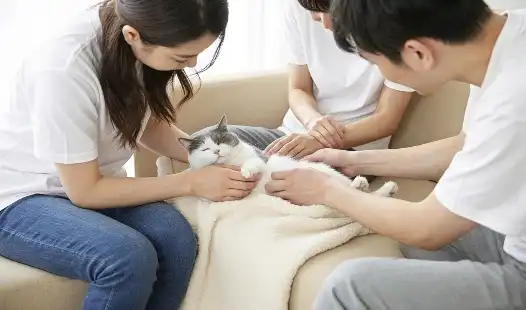
The Most Important Nursing Care Tips for Cats on GS-441524






_副本_1758780801172.webp)

